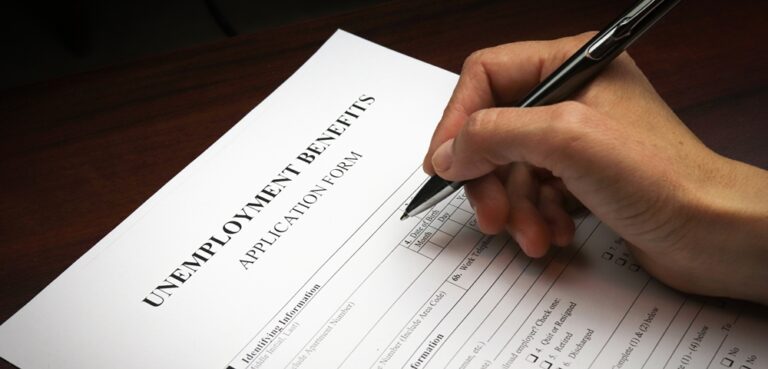Following the latest figures on the UK’s employment this week, Rob Morgan, Chief Investment Analyst at Charles Stanley offers comment.
The UK remains in an economic funk of muted activity, waning confidence and above-target inflation. No surprise then that various market surveys indicate firms are reluctant to hire staff and in some cases are looking to make cuts amid planned increases in employer NICs and the National Minimum Wage.
The ONS data to the end of December is not reflective of this trend with unemployment holding steady at 4.4% into the year-end compared with the previous month. Still low by historic standards but the data, which needs to be taken with some caution anyway owing to data collection issues, is probably not yet picking up what is being expressed in industry surveys. It seems likely the official unemployment rate will creep up in the coming months.
Meanwhile wage inflation continues to be strong for the time being at 5.9%. This shows there is still demand for workers and perhaps reflects the difficulty and cost to secure necessary skills if they are lost.
To what extent the picture changes once increases to employers’ costs takes effect in April remains to be seen. Some businesses will err towards passing on the higher costs through price increases rather than reducing headcount. This could push up services inflation but keep unemployment low despite a drop off in hiring – creating a problem for the Bank of England in its battle against price rises.
Meanwhile, a deteriorating jobs market and an anaemic growth picture is the uncomfortable scenario facing Chancellor Rachel Reeves as she battles to keep to her fiscal rules. Higher interest rates and slow growth are eroding the headroom between tax receipts and spending commitments. In the absence of taking on more debt or growth, some combination of spending cuts and tax rises will probably be required to balance the equation. All eyes will be on the Spring statement next month to see what her next move is.
At least one of them, the BoE or the Chancellor, is likely to be disappointed as 2025 unfolds.


